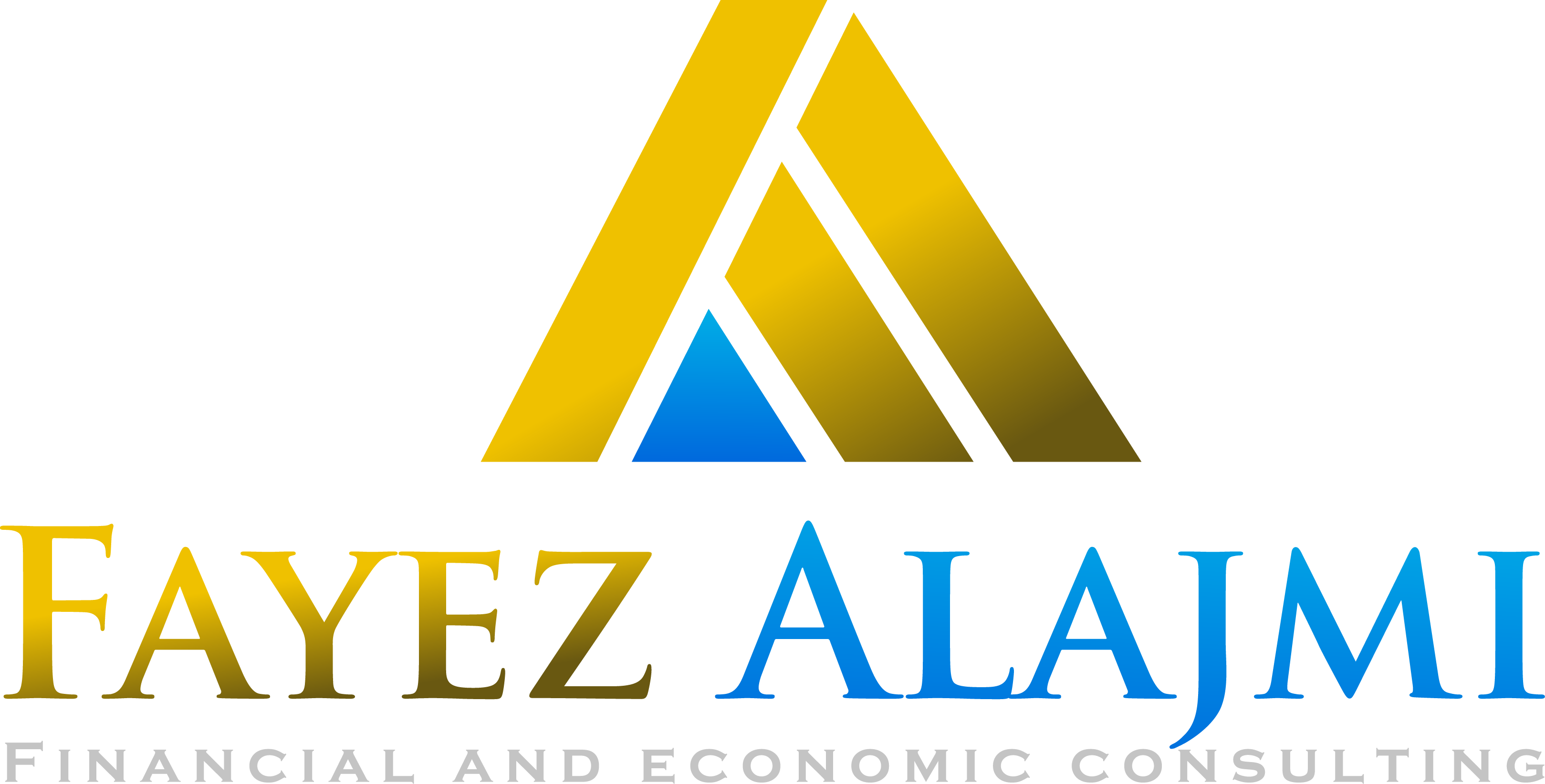
 1 February، 2022
1 February، 2022
 ابحاث السوق
ابحاث السوق
 Views
: 714
Views
: 714

The Monetary Policy Board of the Reserve Bank of Australia, led by Governor Philip Lowe, decided to keep the current monetary policy unchanged at its meeting this morning, Tuesday, the first of February, and to keep the current interest rates at 0.10%, and the bank decided today to end and stop the process of quantitative easing and the purchase of bonds as expected. a large proportion in the market.
The report issued with the interest statement stated that the Omicron strain did not hinder economic activity in Australia and that the gross domestic product is expected to grow by 4.25% in the current year and by 2% in the next year 2023.
Inflation rates rebounded more quickly than the bank expected, as the consumer price index reached 3.5%, affected by the rise in gasoline prices, modern home prices, and the disruption of global supply chains.
The bank stressed that stopping the asset purchase program does not necessarily mean starting to increase interest rates in the near term, and that there are still doubts in the bank about the extent of the continued rise in inflation.
The reading issued by the Australian Bureau of Statistics before the bank’s meeting showed that Australian retail sales fell in December by -4.4%, after a strong growth in November by 7.3%, while estimates were for a decline of about 1.9%, to record the sector’s largest decline since April 2020.
The Australian dollar fell after the interest statement, to lose about 40 points against the US dollar, to test levels of 0.7035 before retreating, and it is now trading at 0.7069 levels.